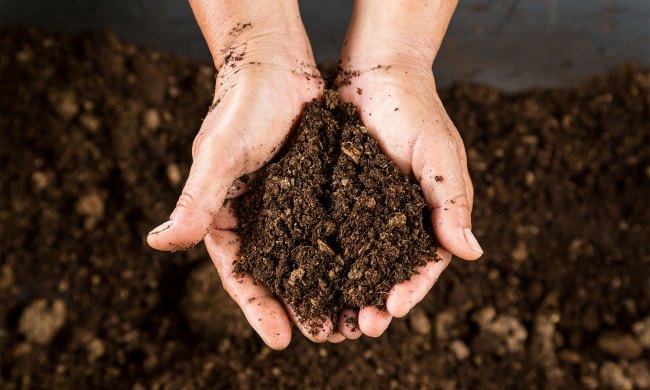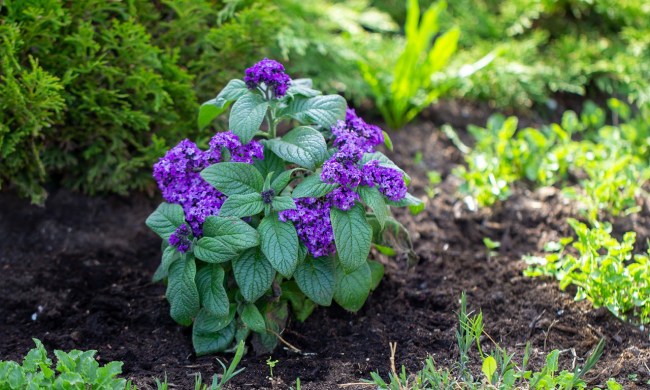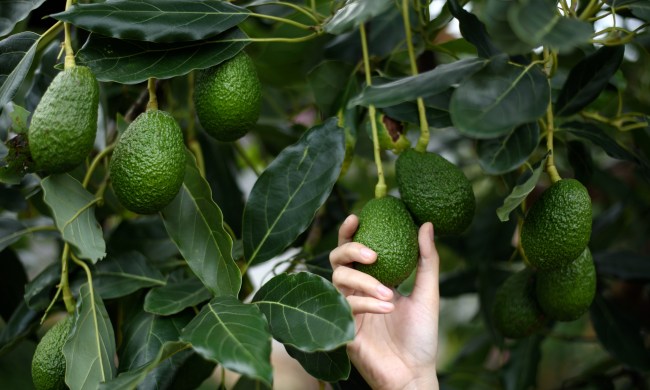Avocados are delicious, nutritious, and, in some cases, expensive. Having avocados fresh from your very own tree may seem like a dream. It can be a reality, though. Avocados can be a little tricky to grow, especially as they use up the nutrients naturally present in your soil. We’re here to break down the nutritional needs of avocado trees and, with the help of these three fertilizers, ensure anyone can have a lifetime supply of avocados.
What nutrients do avocado trees need?
Avocado trees, like all other fruit trees, require extra nutrients in order to produce their fruit. Specifically, they need nitrogen and a small amount of zinc. Deficiencies in soil are uncommon, but if your soil doesn’t have a natural source to replenish its supply of nitrogen and zinc then your avocado trees may deplete it over time. In that case, fertilizer is an option to keep your tree nourished while your soil recovers.
Avocado trees don’t grow deep roots, which is important to keep in mind when planting and fertilizing. Typically, fertilizer is worked into the top foot or so of soil and is spread out across that space. However, avocado trees only need the fertilizer in the top six inches of soil, so they will generally use less fertilizer than trees with deeper roots.
Good: Espoma Citrus-Tone Plant Food
This is a good, basic fertilizer that is nutritionally balanced for citrus trees, avocados, fruit trees, and nut trees. It contains all the nutrients and trace elements your avocado tree needs, including both nitrogen and zinc. The majority of Amazon reviews are positive, with gardeners reporting amazing results and super-healthy trees.
The downside is that it comes in a relatively small bag, so you’ll need to order it often if you plan on regularly fertilizing your tree. Some Amazon reviewers noted an unpleasant smell, which is something you may want to take into account. Reports of how long the smell takes to clear vary, so if you’re sensitive to scents or plan on using your fertilizer indoors, this may not be the best option for you.
Better: Down to Earth Organic Citrus Fertilizer
If you’re looking for a certified organic fertilizer, this fertilizer may be the one for you. Down to Earth Organic Citrus Fertilizer is certified by OMRI, so you can be sure it’s organic. This fertilizer is a 6-3-3 blend with plenty of nitrogen for any fruiting tree. It also contains the necessary trace nutrients including zinc. An added benefit with this fertilizer is that the list of ingredients is plainly visible and easy to find, and the box is compostable.
Amazon reviews are overwhelmingly positive, although some mention an unpleasant smell. Many of the reviews specify great results for lemon trees; since the nutritional needs of avocados and lemons are similar, these results will likely apply to your avocado trees as well. If you’re planning to use this fertilizer on a potted tree, you may want to reconsider since some reviews report mold growing after use in potting soil.
Best: EarthPods Premium Fruit & Citrus Plant Food
This plant food has all the nitrogen and zinc your plant craves along with everything else it needs for balanced growth. However, where EarthPods really earns its place on this list is in the innovative form the fertilizer takes; EarthPods are, as the name suggests, small spheres packed with everything your avocado tree needs.
They’re premeasured, which reduces the time and energy normally spent on fertilizing. EarthPods come in a small, easy to store, and recyclable container. One container comes with 100 pods, and it is recommended to use four to eight pods for a large plant, such as a fully grown avocado tree. Depending on how often you fertilize your tree and how many trees you have, one container could last you a full year.
There are plenty of fertilizers on the market, but these are the three that really caught our eye. Whether you choose one of these or something else, remember to read all the instructions carefully before using any fertilizer. Improperly used fertilizers can burn your tree’s roots, so it’s better to be safe than sorry. Your avocado trees will be sure to thank you with plenty of large, hearty fruit.



